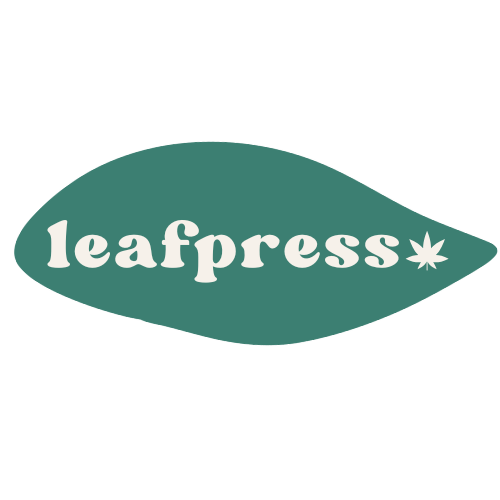Understanding THCa: What It Is, How It Converts to THC, and the Legal Loophole Behind It
The cannabis industry is no stranger to innovation and regulation. One compound that has recently gained significant attention is THCa, or tetrahydrocannabinolic acid. While it’s not psychoactive in its raw form, it holds the key to the high that many cannabis consumers seek. But what exactly is THCa, how does it become THC, and why is it creating a legal gray area for businesses? Let’s break it down.
What is THCa?
THCa is the non-psychoactive precursor to THC (tetrahydrocannabinol), the primary compound responsible for cannabis’s euphoric effects. Found naturally in raw and live cannabis plants, THCa doesn’t produce a “high” until it undergoes a process called decarboxylation.
In its raw form, THCa may offer potential therapeutic benefits, including anti-inflammatory and neuroprotective properties. It’s commonly used in juices, smoothies, or tinctures for those seeking health benefits without the psychoactive experience.
The Magic of Decarboxylation: Turning THCa into THC
Decarboxylation is the process that converts THCa into THC by applying heat. When cannabis is smoked, vaped, or baked into edibles, the heat removes a carboxyl group from THCa, activating the psychoactive properties that result in the euphoric high.
Here’s a simplified breakdown of the process:
THCa + Heat = THC + CO₂
This transformation is why raw cannabis won’t get you high, but a lit pre-roll certainly will.
The Legal Loophole: Why THCa Products Are Thriving
Cannabis laws vary widely across states, with some states strictly regulating THC levels. However, THCa exists in a legal gray area because it isn’t classified as an intoxicating substance in its natural state.
The 2018 Farm Bill legalized hemp and its derivatives, as long as they contain less than 0.3% THC on a dry weight basis. Since THCa is technically non-psychoactive, products that primarily contain THCa can often be sold under this legislation. The twist? Once a customer applies heat, that legal THCa product can convert into fully psychoactive THC.
Why Custom THCa Pre-Rolls Are Booming
This loophole has opened the door for businesses to sell THCa pre-rolls legally in states where THC is otherwise restricted. Custom pre-rolls are especially popular because they combine high-quality cannabis with personalized branding opportunities. Companies can create signature strains, branded packaging, and even offer limited-edition designs.
Is It Completely Legal?
While the Farm Bill provides a federal pathway for THCa sales, state laws can differ. Some states have implemented stricter regulations to close the THCa loophole, while others remain lenient. It's essential for businesses to stay informed on local laws and compliance measures.
Final Thoughts
THCa offers a unique opportunity for brands to tap into the cannabis market legally and creatively. By leveraging custom pre-rolls, businesses can stand out, connect with consumers, and build strong brand loyalty. But as always in the cannabis industry, staying compliant and transparent is key.
Ready to elevate your brand with custom THCa pre-rolls? LeafPress.co has you covered. Start customizing today and ride the THCa wave responsibly.

